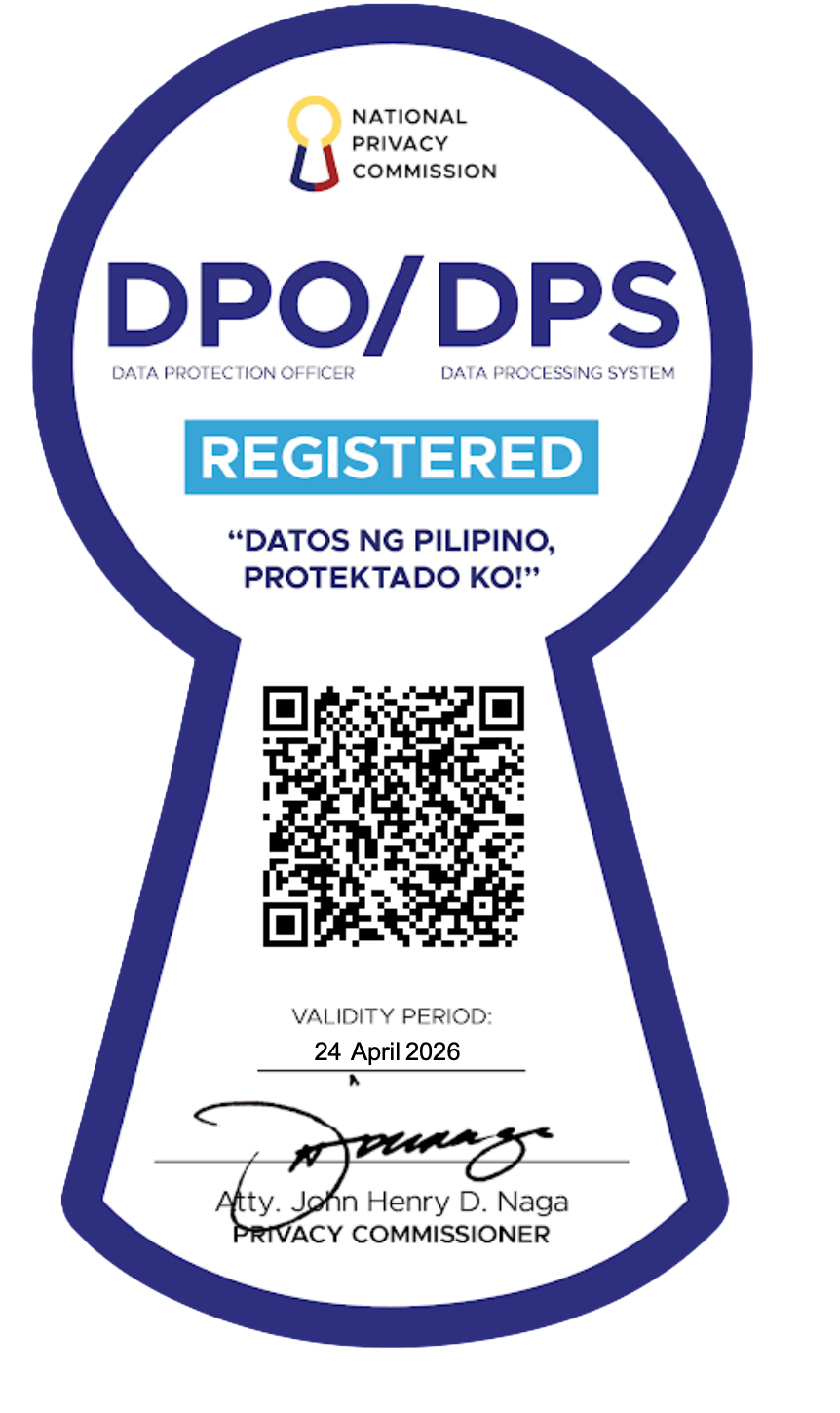The word "outsourcing" can often elicit different responses from business owners. On the one hand, it promises opportunities for operational efficiency and cost savings. On the other hand, it implies entrusting your business functions to an external party. If you're considering outsourcing, you'll be happy to know that there's a way to overcome any reservations your leadership may have about outsourcing.
The key? Finding the right outsourcing partner.
In this article, we'll cover the most important factors that you have to consider when looking for an outsourcing company.
How to find the best accounting outsourcing partner
Outsourcing your audit and accounting functions can have significant benefits such as cost reduction, operational efficiency, and access to expert services. However, to enjoy these benefits, you'll have to conduct due diligence to find the outsourcing firm that best matches your requirements.
Here are six important steps to guide you in making the right choice:
1. Determine your outsourcing needs.
Identify the specific accounting processes that you need help with. Whether you need bookkeeping, tax preparation, payroll processing, financial analysis, or a combination of these, knowing your needs helps you narrow down your search to providers that have a proven track record in fulfilling them.
Moreover, you have to assess your current staff's capacity and productivity. Determine which skills or functions you'll want to keep in-house, and establish internal processes that can help you identify what areas you'll need outsourcing support with.
2. Look for experience and expertise.
Find an outsourcing firm that has a proven track record in the services you require. Their experience with similar businesses or industries can be a valuable asset. Ask potential providers about their areas of specialization and the experience they bring to the table.
3. Check for accreditation and certifications
Accreditations and certifications indicate a provider's commitment to quality and professionalism. Look for outsourcing companies that have credentials from recognized bodies such as ACCA, CIMA, or have certified public accountants (CPAs) or certified bookkeepers in their team.
4. Consider what technology and tools the service provider uses.
Modern accounting heavily relies on technology. Therefore, ensure your potential provider uses up-to-date, secure, and cloud-based accounting software compatible with your systems. They should also demonstrate their measures to secure your data.
5. Assess the provider's communication and customer service.
Effective communication is key to a successful partnership. Consider providers who respond promptly to your queries, provide regular updates, and offer a dedicated point of contact. A provider with excellent customer service can greatly enhance your outsourcing experience.
6. Evaluate the service provider's pricing structure.
Pricing is a crucial consideration. The provider should offer transparent pricing and be willing to work within your budget. Look for firms offering flexible pricing models and clarity about any additional costs or fees.
Who's behind the team?
When evaluating potential outsourcing partners, it's also important to look beyond the company as a whole and consider the individuals who make up the team. Assessing the expertise, experience, and qualifications of the professionals who will be working on your project is essential.
Here are some factors to consider when examining the individuals behind the outsourcing team:
Expertise and qualifications: Look into the skills, knowledge, and qualifications of the team members relevant to your project. Evaluate their educational background, certifications, and industry experience to ensure they have the necessary expertise to meet your requirements.
Track record and past performance:
Research the track record of the team members. Have they successfully completed similar projects in the past? Look for client testimonials, case studies, or references that highlight their ability to deliver quality results.
Communication and understanding: Effective communication is vital for a successful outsourcing partnership. Assess how well the team members understand your specific needs and goals. Do they ask relevant questions? Are they responsive and open to discussions? A team that demonstrates good communication skills and a clear understanding of your requirements is more likely to deliver satisfactory outcomes.
Cultural fit and compatibility: Consider the cultural fit and compatibility between your organization and the outsourcing team. Evaluate factors such as language proficiency, work culture, and time zone differences. A good cultural fit can enhance collaboration and minimize potential miscommunications.
Stability and longevity: Assess the stability and longevity of the team members in the outsourcing company. High turnover rates or frequent changes in personnel can disrupt workflow and impact the quality of service. Look for a team that has been working together cohesively for a significant period, indicating a stable and reliable partnership.
Should you only outsource to large companies?
When considering outsourcing options, it's important to be aware of the differences between large and small outsourcers. Both large and smaller outsourcing firms have their own unique advantages, and the choice depends largely on your specific needs and requirements.
While large outsourcing companies may have extensive experience, there’s the possibility that they’ll treat small and medium-sized enterprises (SMEs) as just another client in their portfolio. This can result in standardized solutions that may not fully address your specific needs or receiving less attention compared to their larger clients.
Smaller outsourcing firms, on the other hand, can often provide more personalized and flexible services. They may be more adaptable to your specific needs and offer a more personal level of customer service. This can be particularly advantageous for small to medium-sized businesses, startups, or companies with unique or niche requirements.
Smaller firms may also provide more competitive pricing and be more invested in your success.
Overall, the decision should be based on your company's specific requirements, budget, and the level of service you desire. It's always a good idea to conduct thorough research, consider multiple options, and choose a firm that aligns best with your business goals and culture.
Choosing the right outsourcing firm is an investment in your business’s future. Following the tips we've outlined in this article can lead you to a provider who not only meets your accounting needs but can also become a trusted partner in your business growth.
As you navigate this process, consider Remotely Philippines, an outsourcing firm combining extensive accounting and audit experience with excellent customer service. Contact us today to explore how we can transform your accounting operations.
Sign up for our newsletter
Get regular curated content on management, outsourcing, and everything you need to know to stay ahead of the curve.









